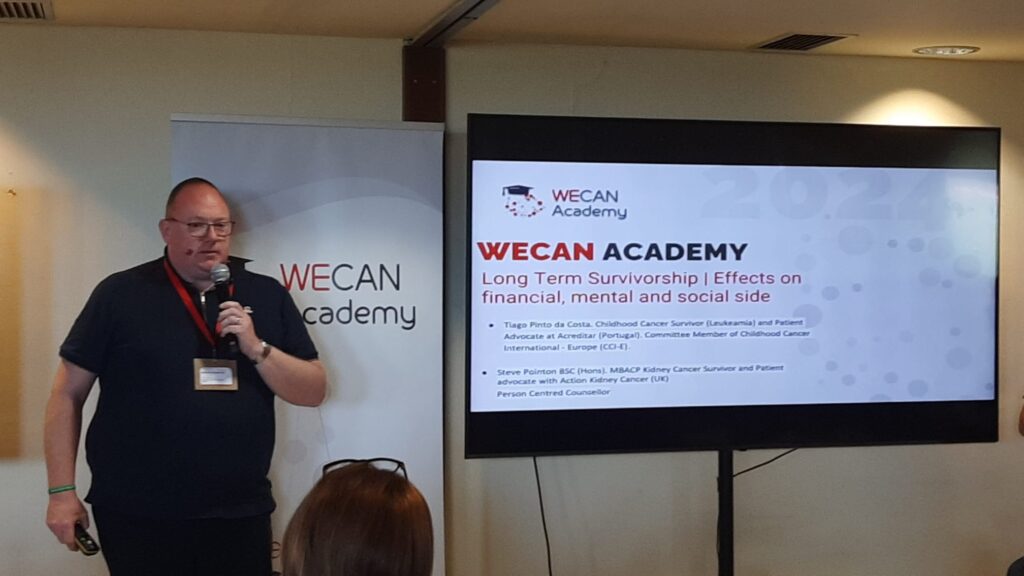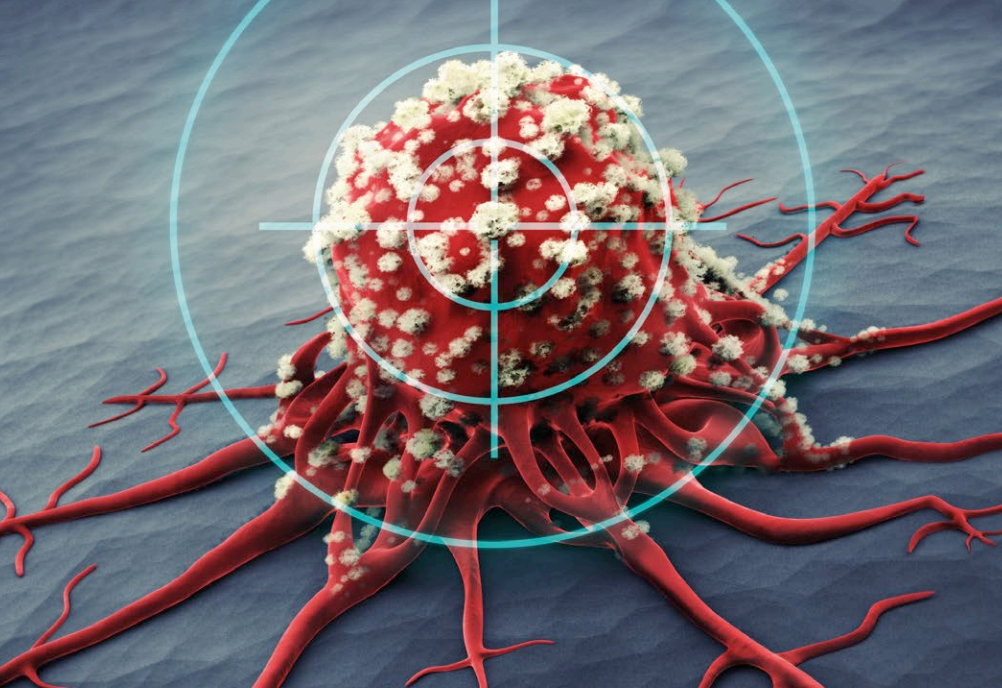Share this Page:
Dr Naomi Haas from Abramson Cancer Centre, Philadelphia, presented an overview of adjuvant therapy with vascular endothelial growth factor (VEGF) tyrosine kinase inhibitors (TKIs) in patients with high-risk renal cell carcinoma (RCC) at the American Society for Clinical Oncology Genitourinary (ASCO GU) 2018 meeting in San Francisco this month.
Over the past few years, three adjuvant trials have been reported: ASSURE, PROTECT, and S-TRAC. These trials looked at sunitinib (Sutent), sorafenib (Nexavar) or pazopanib (Votrient) as adjuvant treatment for renal cell carcinoma (RCC) that was at intermediate or high risk of recurrence. None of these trials showed any benefit in terms of overall survival; however, S-TRAC, unlike ASSURE and PROTECT, did significantly improve progression-free survival (PFS) in very high risk patients. This was ultimately the basis for the FDA-approval of sunitinib as an adjuvant treatment (sunitinib is not available as an adjuvant treatment for RCC in the UK, and is currently on hold for appraisal by the National Institute for Health and Care Excellence (NICE) pending collection of further clinical evidence). Additionally, about 60% of patients reported severe side effects to treatment in all three trials, indicating how intolerable these TKIs are in this patient population.
Ongoing trials with TKIs will help to determine whether targeted therapies are effective at prolonging survival and preventing recurrence as adjuvant treatments. There are four ongoing clinical trials with targeted therapies in the adjuvant setting:
- SORCE – sorafenib for both ccRCC and non-ccRCC
- EVEREST – mTOR inhibitor for both ccRCC and non-ccRCC
- ATLAS – axitinib in ccRCC
- E2810 – pazopanib used as an adjuvant treatment after surgery for removal of ccRCC metastases
In addition to the above TKI/mTOR trials, ongoing trials are studying nivolumab (PROSPER), atezolizumab (IMMotion), pembrolizumab (KEYNOTE), and nivolumab + ipilimumab (CheckMate) as adjuvant therapy for RCC. All of these drug have impressive clinical activity in patients with metastatic RCC, so it is hopeful that they will also be effective as adjuvant treatment, and might be better tolerated than TKIs/mTOR inhibitors.
In conclusion, there is no overall survival benefit in the completed adjuvant TKI trials, but there may be a disease-free survival benefit. Ongoing trials may shed light on the use of TKIs in the adjuvant setting, but immunotherapies may prove to be even more effective for high-risk localised disease.
Read a review article about adjuvant therapy for kidney cancer in Annals of Oncology here












